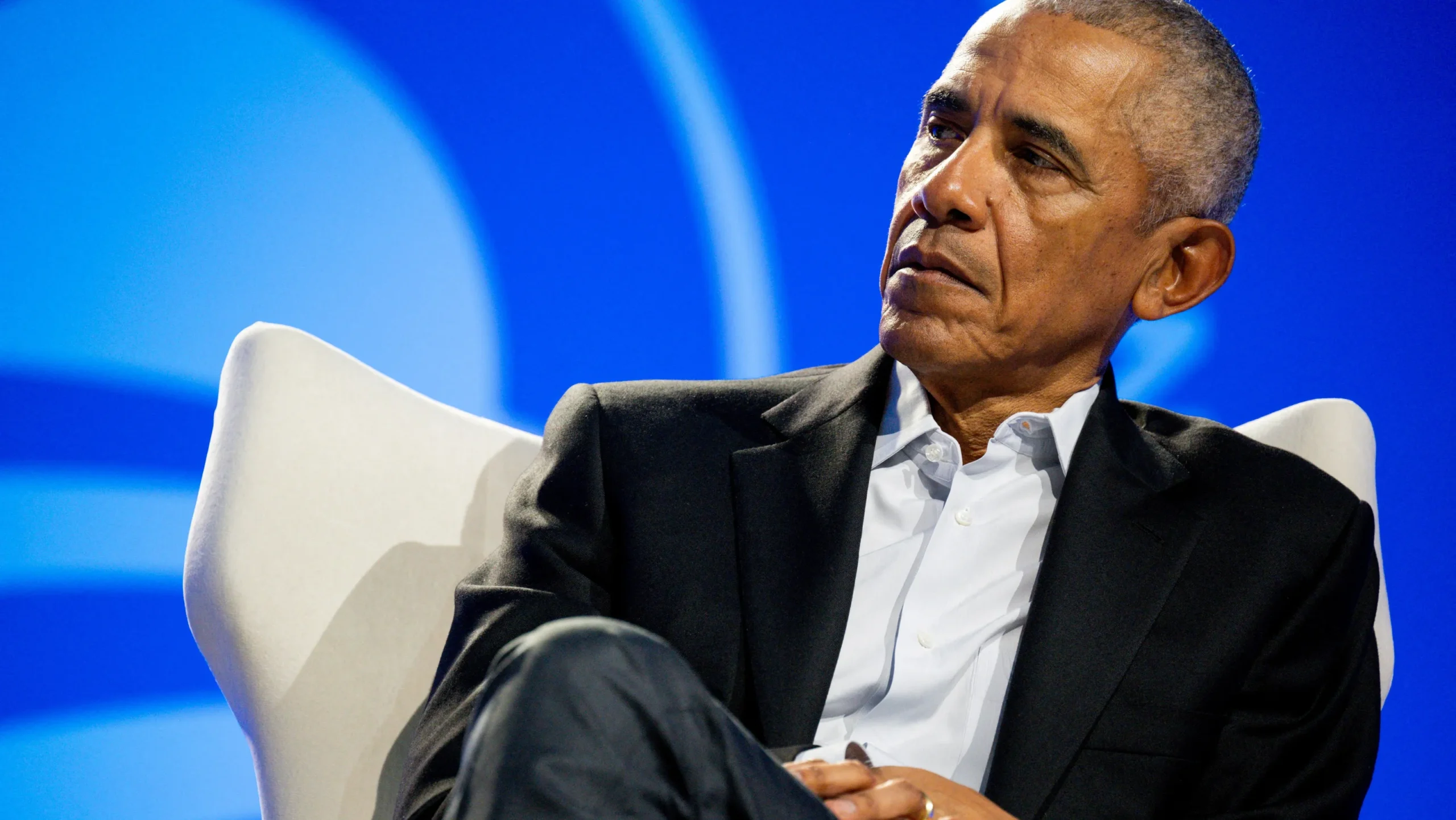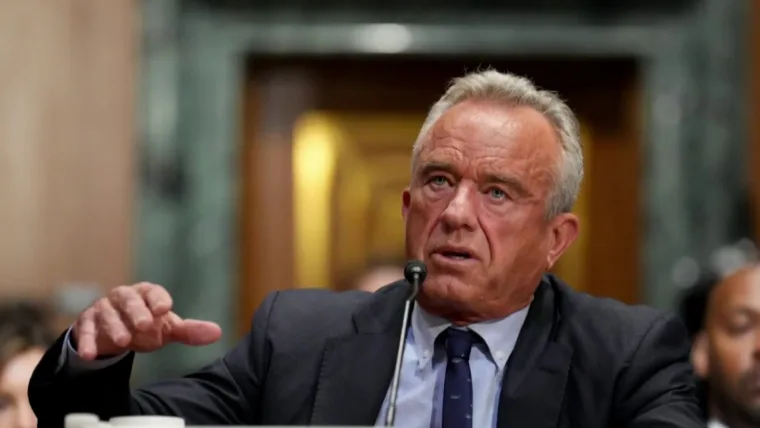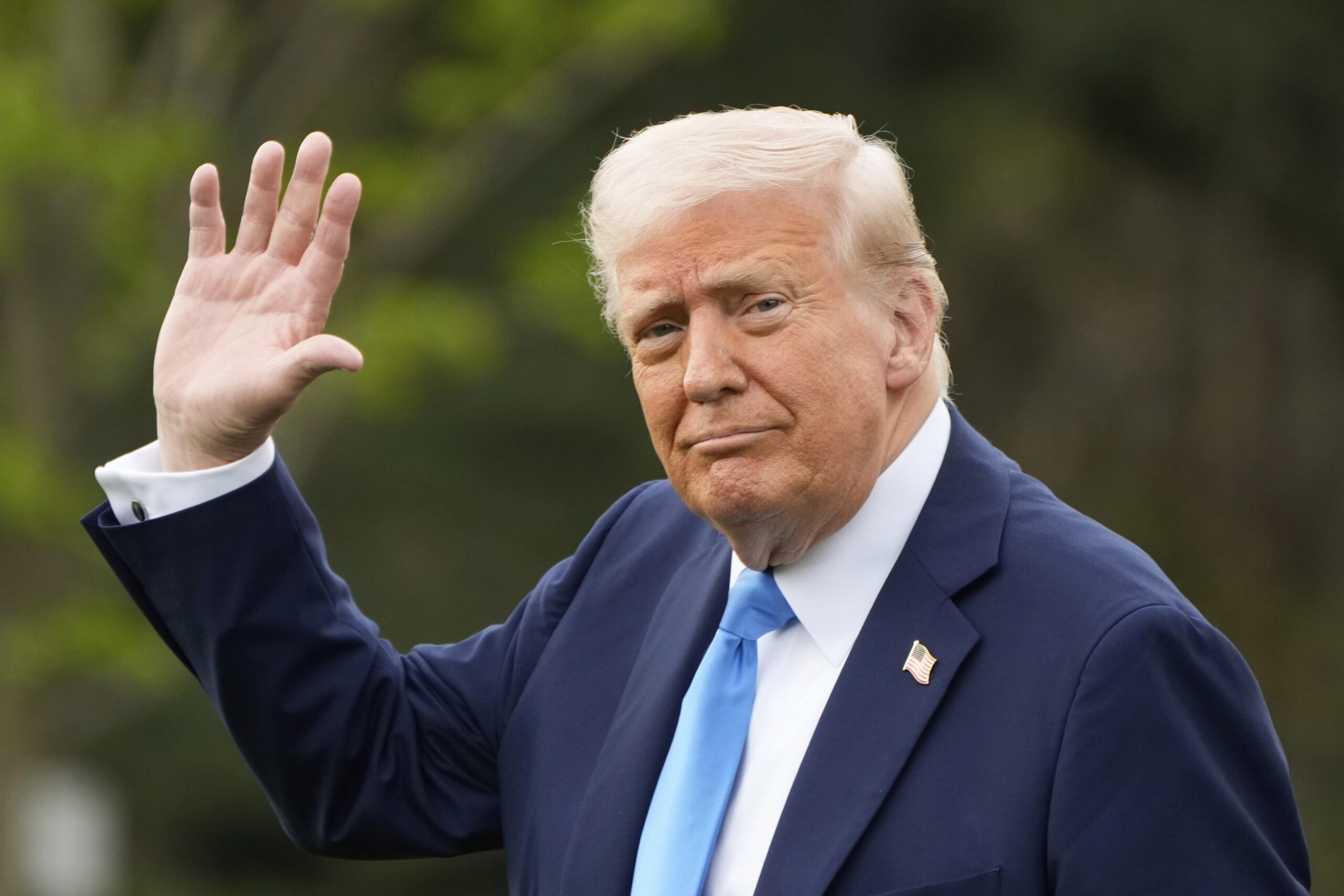In September 2025, Dr. Debra Houry, a former senior official at the Centers for Disease Control and Prevention (CDC), issued a stark warning before a Senate committee: “We’re going to see kids dying of vaccine-preventable diseases.” Her words, echoed by former CDC Director Susan Monarez, spotlighted the controversial tenure of Health and Human Services Secretary Robert F. Kennedy Jr., whose anti-vaccine stance has sparked fears of a public health crisis. This article explores the implications of RFK Jr.’s policies, the science behind vaccines, and the potential consequences for American children, weaving together expert insights, personal stories, and hard data to unpack this urgent issue.
The Rise of RFK Jr. and His Vaccine Skepticism
Robert F. Kennedy Jr., appointed Health Secretary in 2025, has reshaped U.S. health policy with a focus on vaccine skepticism. His leadership has led to significant changes at the CDC, raising alarms among public health experts.
A Controversial Appointment
Kennedy, a longtime environmental lawyer and vocal vaccine critic, was a surprising choice for Health Secretary. His “Make America Healthy Again” (MAHA) initiative promised to tackle chronic diseases but has prioritized questioning vaccine safety, alarming experts like Houry and Monarez.
A History of Vaccine Skepticism
Kennedy has long promoted claims linking vaccines to autism, despite extensive scientific evidence to the contrary. His actions, including firing CDC leadership and reshaping advisory panels, have fueled distrust in public health institutions.
The Warnings from Former CDC Officials
Dr. Debra Houry and Susan Monarez testified before the Senate on September 17, 2025, detailing how Kennedy’s policies threaten decades of progress in disease prevention. Their concerns center on the erosion of vaccine confidence and the risk of resurgent diseases.
Dr. Houry’s Dire Prediction
Houry warned that weakening vaccine protections could lead to outbreaks of diseases like measles and polio. She cited a recent measles outbreak with 1,431 cases and three deaths, including two children, as a sign of declining vaccination rates.
Susan Monarez’s Testimony
Monarez, fired after 29 days as CDC Director for resisting Kennedy’s demands to approve untested vaccine policies, described a politicized CDC. She refused to “rubber-stamp” recommendations from a panel stacked with anti-vaccine activists.
The Science of Vaccines: A Proven Defense
Vaccines have been a cornerstone of public health for decades, virtually eradicating diseases like smallpox and polio. Understanding their efficacy is critical to addressing Kennedy’s claims.
How Vaccines Work
Vaccines train the immune system to recognize and fight pathogens without causing illness. Rigorous testing ensures safety, with adverse effects occurring in less than 0.01% of cases, according to the CDC.
The Hepatitis B Vaccine Debate
Kennedy’s advisory panel is expected to delay the hepatitis B vaccine for newborns until age four, a move pediatricians like Dr. Eric Ball call “nonsensical.” Since 1991, this vaccine has reduced hepatitis B cases by 99% among U.S. children.
The Measles Outbreak: A Case Study in Consequences
The 2025 measles outbreak, with 1,431 cases across 39 states, underscores the dangers of vaccine hesitancy. Falling vaccination rates have left communities vulnerable, and Kennedy’s policies could exacerbate this trend.
A Personal Story of Measles
My cousin’s son, a bright six-year-old, contracted measles last year in a state with low vaccination rates. His fever spiked to 104°F, and he spent a week in the hospital. “It was terrifying,” she told me, “and completely preventable.” Stories like these highlight the human cost of vaccine skepticism.
Why Measles is a Threat
Measles is highly contagious, with a single case capable of infecting up to 18 unvaccinated people. The CDC reports that 13% of 2025 cases required hospitalization, a stark reminder of the disease’s severity.
The Role of the CDC’s Advisory Committee
The CDC’s Advisory Committee on Immunization Practices (ACIP) traditionally guides vaccine policy with evidence-based recommendations. Kennedy’s replacement of its 17 members with vaccine skeptics has raised alarms.
A Politicized Panel
Monarez testified that Kennedy pressured her to pre-approve recommendations from the new ACIP, which includes members who claim vaccines cause “unprecedented harm” without evidence. This shift bypasses scientific rigor.
Impact on Vaccine Access
Kennedy’s changes have already limited access to COVID-19 vaccines, restricting them to high-risk groups. Pediatricians warn that similar restrictions on childhood vaccines could follow, endangering millions.
Timeline of RFK Jr.’s Health Policy Changes
| Date | Event |
|---|---|
| February 2025 | RFK Jr. appointed Health Secretary, promises to address chronic diseases. |
| August 2025 | Susan Monarez fired as CDC Director after resisting vaccine policy changes. |
| September 2025 | ACIP members replaced with vaccine skeptics; hepatitis B vaccine review announced. |
| September 17, 2025 | Houry and Monarez warn Senate of public health risks under Kennedy. |
Source: Compiled from multiple reports, including The Guardian and NPR.
The Public Health Fallout: What’s at Stake?
Kennedy’s policies could reverse decades of progress, with experts predicting a rise in vaccine-preventable diseases. The stakes are high for children, immunocompromised individuals, and communities.
Rising Disease Rates
Dr. Helen Tager-Flusberg warned of potential resurgences of measles and polio, diseases nearly eradicated in the U.S. Falling vaccination rates, already at 91.1% among Santa Cruz kindergartners, signal trouble ahead.
Economic and Social Costs
The CDC’s Vaccines for Children Program, which provides free vaccines to uninsured kids, has saved $2.2 trillion by preventing 472 million illnesses. Weakening this program could strain healthcare systems and families.
Pros and Cons of Kennedy’s Vaccine Policies
Pros
- Transparency Push: Kennedy claims his reforms promote transparency in health agencies.
- Focus on Chronic Diseases: His MAHA initiative aims to address rising chronic conditions, a valid concern.
- Individual Choice: Kennedy argues for personal freedom in vaccine decisions, resonating with some parents.
Cons
- Risk of Outbreaks: Delaying or restricting vaccines could lead to surges in preventable diseases.
- Erosion of Trust: Replacing experts with skeptics undermines confidence in public health institutions.
- Lack of Evidence: Kennedy’s claims, like vaccines causing autism, lack scientific backing.
Comparison: Kennedy’s Policies vs. Traditional Public Health
| Aspect | Kennedy’s Approach | Traditional Approach |
|---|---|---|
| Vaccine Policy | Delays or restricts access, questions efficacy | Universal access, evidence-based schedules |
| Advisory Panel | Vaccine skeptics, limited scientific credentials | Experts with decades of research experience |
| Public Health Focus | Chronic diseases, individual choice | Disease prevention, community immunity |
| Scientific Basis | Rejects some data, promotes unproven claims | Relies on peer-reviewed studies, CDC data |
Source: Compiled from NPR, The New York Times, and KFF Health News.
People Also Ask (PAA)
Why is RFK Jr. considered a risk to public health?
Kennedy’s anti-vaccine stance and replacement of CDC experts with skeptics threaten vaccine access and public trust, potentially leading to outbreaks of preventable diseases.
What diseases could return due to vaccine hesitancy?
Measles, polio, and hepatitis B are at risk of resurgence, as seen in the 2025 measles outbreak with 1,431 cases and three deaths.
How has RFK Jr. changed the CDC?
He fired Director Susan Monarez, replaced the ACIP with vaccine skeptics, and limited COVID-19 vaccine access, prioritizing politics over science.
What is the hepatitis B vaccine controversy?
Kennedy’s panel may delay the newborn hepatitis B vaccine until age four, risking a disease that’s 99% eradicated among U.S. children.
A Personal Reflection: Why Vaccines Matter
As a parent, I remember the relief of watching my daughter get her childhood vaccines. The pediatrician’s calm explanation of how they’d protect her from diseases like measles or whooping cough eased my nerves. But today, hearing experts like Houry warn of kids dying from preventable diseases feels like a gut punch. It’s not just data—it’s the thought of families facing avoidable tragedies because of misinformation.
The Human Cost of Doubt
Vaccine hesitancy isn’t new, but Kennedy’s platform amplifies it. A friend, swayed by online claims, delayed her son’s vaccinations, only to regret it when a whooping cough outbreak hit their school. “I felt so helpless,” she said. These stories remind us that public health isn’t abstract—it’s about real lives.
What Can Be Done to Protect Public Health?
Despite Kennedy’s influence, states and individuals are taking steps to preserve vaccine access and combat misinformation. From policy changes to public education, the fight is on.
State-Level Responses
States like Colorado are passing laws to ensure insurance covers vaccines, regardless of federal changes. These efforts aim to maintain access for children and vulnerable populations.
Tools for Staying Informed
- CDC Website: Visit cdc.gov for accurate vaccine information.
- WHO Resources: The World Health Organization offers global data on vaccine safety.
- Local Health Departments: Check state health websites for vaccination schedules and clinics.
FAQ Section
Why are health officials worried about RFK Jr.’s policies?
Kennedy’s rejection of vaccine data and replacement of experts with skeptics risks undermining decades of public health progress, potentially leading to disease outbreaks.
What diseases are most at risk of returning?
Measles, polio, and hepatitis B could surge due to declining vaccination rates, as seen in the 2025 measles outbreak with 1,431 cases.
How can parents ensure their kids are vaccinated?
Consult pediatricians, visit local health clinics, or check vaccines.gov for free or low-cost vaccine options.
What is the Vaccines for Children Program?
Launched in 1993, it provides free vaccines to uninsured or underinsured children, preventing 472 million illnesses and saving $2.2 trillion.
Can Kennedy’s policies be reversed?
State laws, public advocacy, and Congressional oversight could counteract his changes, but swift action is needed to protect vaccine access.
A Call to Action: Protecting Our Future
Dr. Debra Houry’s warning isn’t just a headline—it’s a wake-up call. The potential return of vaccine-preventable diseases threatens not just statistics but our children, our communities, and our future. As Kennedy’s policies challenge decades of scientific progress, we must rally around trusted experts, support state-level protections, and champion vaccines that have saved millions. Let’s not let fear and misinformation undo what science has built. Share this story, talk to your neighbors, and ensure every child is protected—it’s a fight we can’t afford to lose.




